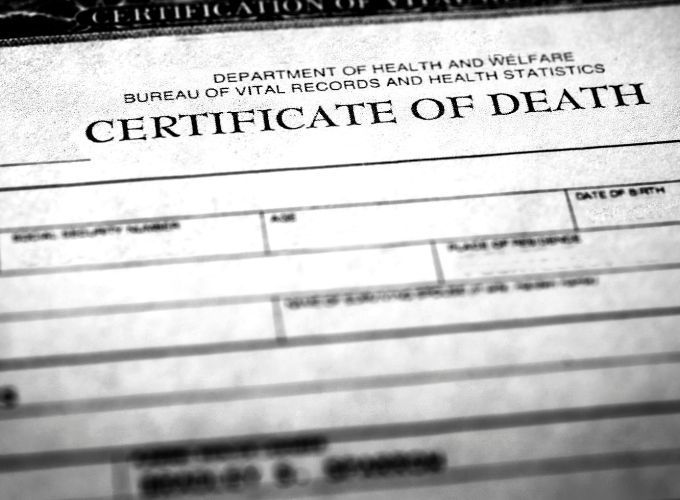Articles Of Interest
Responding To Sympathy Social Media Messages, Calls And Texts

It’s typical to receive sympathy cards when you’re grieving the loss of a loved one. However, a new norm of sympathy calls, texts or social media messages has emerged. While grieving, the constant influx of technology, voicemails, texts and social media messages are more difficult to deal with than a card. When you receive a sympathy card, there is no time frame or obligation for reading the card or responding. However, with phone calls, texts and social media messages, there is an expectation of an immediate response.
When grieving, it is difficult enough to get through your daily routine. Receiving sympathy messages through texts, phone calls and social media may seem impossible to escape. So how exactly should you deal with these messages?
First and foremost, to avoid being overwhelmed with messages you can turn your phone on “do not disturb” when focusing on grieving or just want some time alone to reflect. It’s important to remember not to feel obligated to respond to messages right away. Set aside a time to respond to messages.
It’s vital to understand that there is no “correct” way to respond to sympathy messages. Each person can do things their own way that they are comfortable with. For phone calls, don’t feel obligated to call back right away. If a phone call is too difficult for you to handle at the time, responding with a text is perfectly fine. It may be easier to type out your feelings rather than say them out loud.
When responding to social media messages and texts, you can choose to keep it brief or write a lengthier response. It may also depend on the person and what their message said. For someone you are close with, it may feel right for you to respond with a longer message that is more heartfelt. If the message is simply along the lines of “I’m sorry for your loss” a simple “thank you” is usually enough. The response you send should be whatever you are comfortable with. There is no correct way that you must reply. Remember that people who sent the message are not looking for a response but rather a way to show you their support during this difficult time.
If you don’t feel up to responding to each individual message on social media, you could opt to write a single longer post expressing your thanks for the kind words to everyone.
Everyone grieves differently; responding to messages may help some people grieve but may be too painful for others. Your family and friends will understand if you need some privacy. Whatever you choose to do, make sure it’s the right decision for your grieving process.











